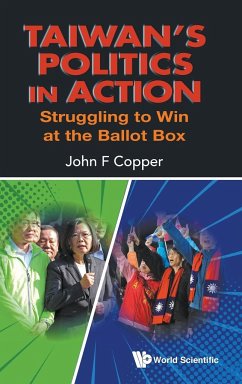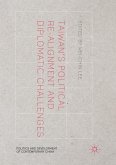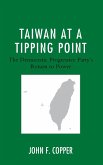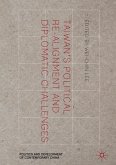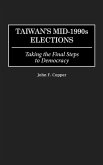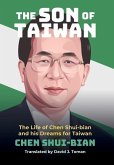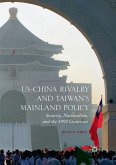Taiwan's Politics in Action: Struggling to Win at the Ballot Box is about the most interesting and exciting aspects of Taiwan's politics: political competition in the form of electioneering, campaigns and voting. The author first analyzes the theories, constructs or simply ideas about elections, especially who wins them and why. The most discussed by the pundits and the scholars are the watermelon and the pendulum theory: voting as before or not. The economic, or pocketbook, theory is also popular - although whether this means economic growth or greater equity has changed. Which party or candidate has the most money is also predictive. Other constructs or simply ideas are also commonplace. Divide and conquer is another approach. Another is the best campaign agenda; so too picking the most attractive candidates. Professionalism in campaigning and the use of social media are also favorite ideas. So is the appeal to voters' ethnicity, espousing liberal or conservative ideas, using protest, focusing on constant concerns such as peace and corruption and finally, the appeals of populism and progressivism. The author then examines Taiwan's two most recent elections, the 2018 mid-term (or collection of local elections) and the 2020 national presidential and legislative election to apply the theories. The Nationalist Party or Kuomintang (KMT) won the former; the Democratic Progressive Party (DPP) won the latter, giving the observer a choice of evidence about how to win. The author concludes that Taiwan's democracy is being challenged, but is still popular in spite of strong external forces and other worries.
Hinweis: Dieser Artikel kann nur an eine deutsche Lieferadresse ausgeliefert werden.
Hinweis: Dieser Artikel kann nur an eine deutsche Lieferadresse ausgeliefert werden.

